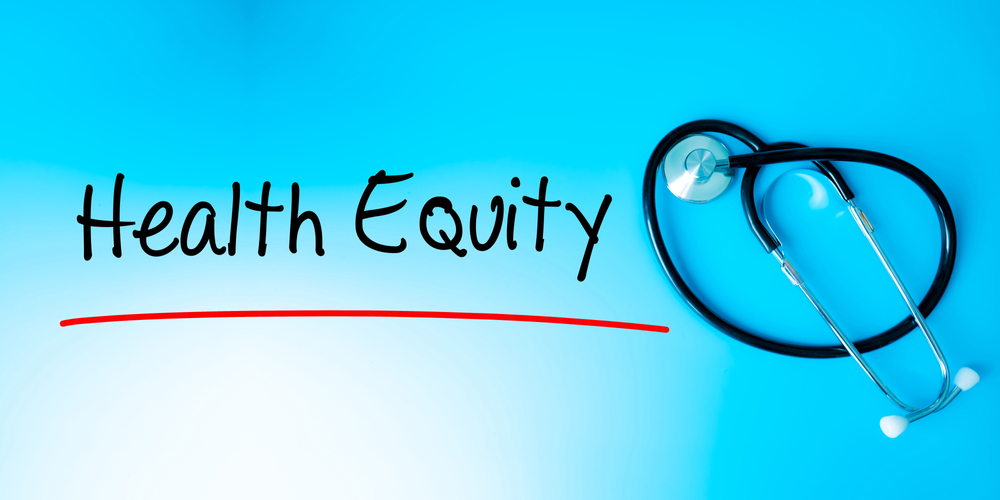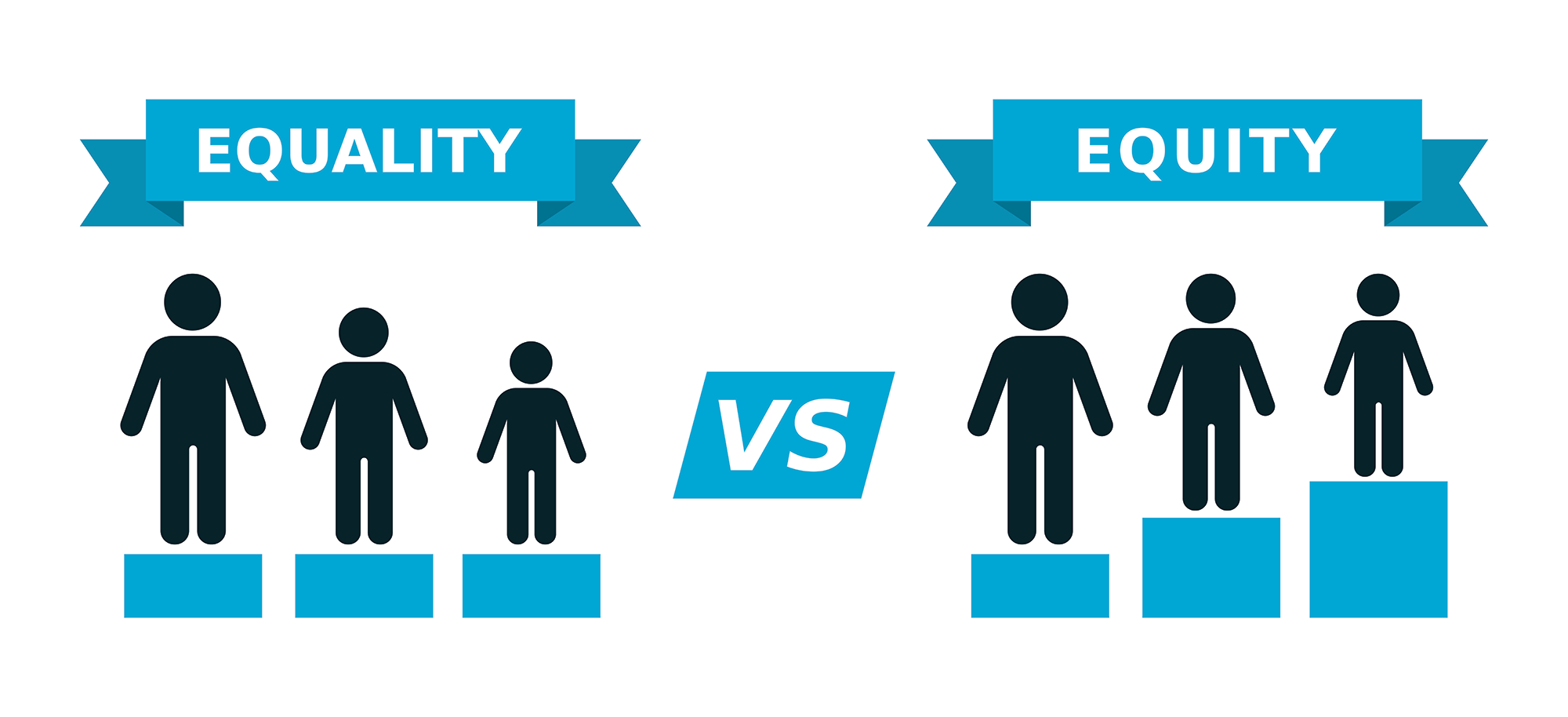Factoring equity and resilience into social longevity

By Dennis Archambault
Longevity and well-being is a combination of genetics, diet, exercise, and luck, notes journalist David Oliver in USA Today. However, he left out a couple of variables: race, home zip code, education and household income. Where you live, who you are, and what kind of work you do affects your ability to maintain your health and promote your longevity. There may be a reason race and lifestyle factors were left out.
Despite the preponderance of corporate and social commitments to health equity, the divergence of economic inequality in the United States is having an increasingly negative impact on health equity. As Oliver’s article notes, access and affordability to comprehensive luxury wellness resorts such as Canyon Ranch in Tucson, Arizona is limited to the very wealthy. The resort offers its customers multiple packages including “Longevity8,” which is built on eight health pillars: integrative medicine, mental and emotional health, strength and endurance, sleep, flexibility and fitness, spiritual wellness, nutrition, and outdoor experiences. The program costs $20,000 for single people and $36,000 for couples.
However, if you are among those below the poverty level, or struggling with low wage jobs just above that level, maintaining your health, and preventing disease, are about the best you can afford. This is where the rub of social economic equity and health equity becomes evident.
Organizations like Authority Health are committed to health equity, not only in principle but in action. We offer integrated medicine in our health centers, including behavioral health support, increasing programs to promote nutrition, and other initiatives. We focus on nutrition as a foundation for creating and maintaining health, promoting the Healthy and Resilient Communities initiative, among others. But we are limited by the ability of our patients to afford services, and our ability to leverage additional resources to add programs that address longevity.

It would be great if funders would support creation of health spas for underserved populations, but in the meantime, we need to be creative in building wellness programs one service at a time, with cohesion and sustainability attained through a sincere commitment to achieving health equity.
It’s too easy for society to conclude that health spas and elite programs are privileges of the wealthy when that privilege promotes health inequity. Organizations that profess a commitment to health equity need to figure out how to design and implement programs that are accessible to lower income populations. Of course, supplemental funding will need to come from government and philanthropic organizations. And creative application of motivational incentives will also need to be deployed.
Health equity is more than a lofty concept to be attained by a privileged few. Equality begins with creating opportunity and social engineering to ensure equitable access to that opportunity. Attainment is the ultimate challenge. Just providing the program isn’t enough. People need to be engaged. Programs like “Longevity8” are on the far end of the spectrum. How do we attain maximum longevity and well-being for all people — middle income and lower income populations included? This is a frontier of health policy that deserves attention and political will.
Dennis Archambault is vice president of Public Affairs for Authority Health.
Tags: equity, equity vs equality, harc, health equity, nutrition, wellbeing
